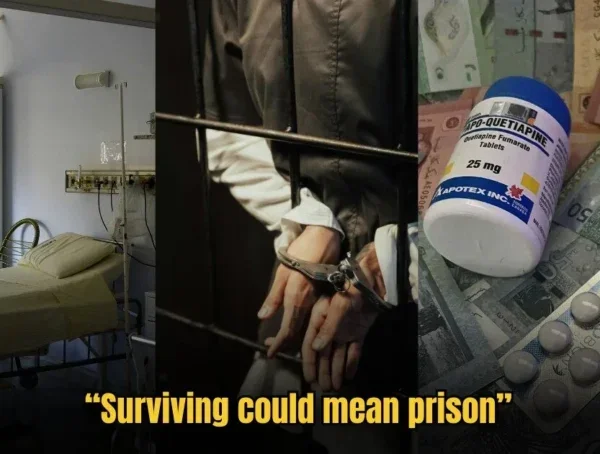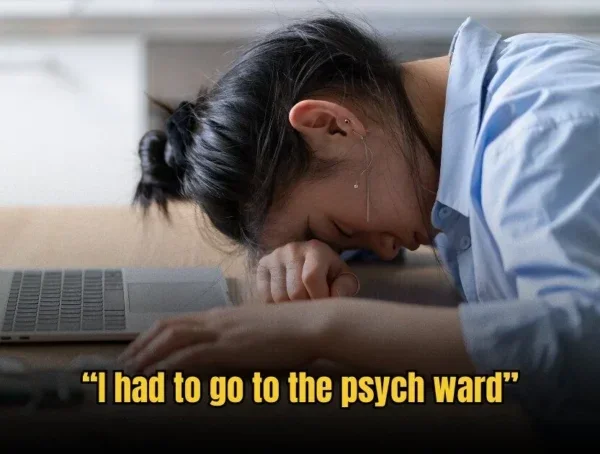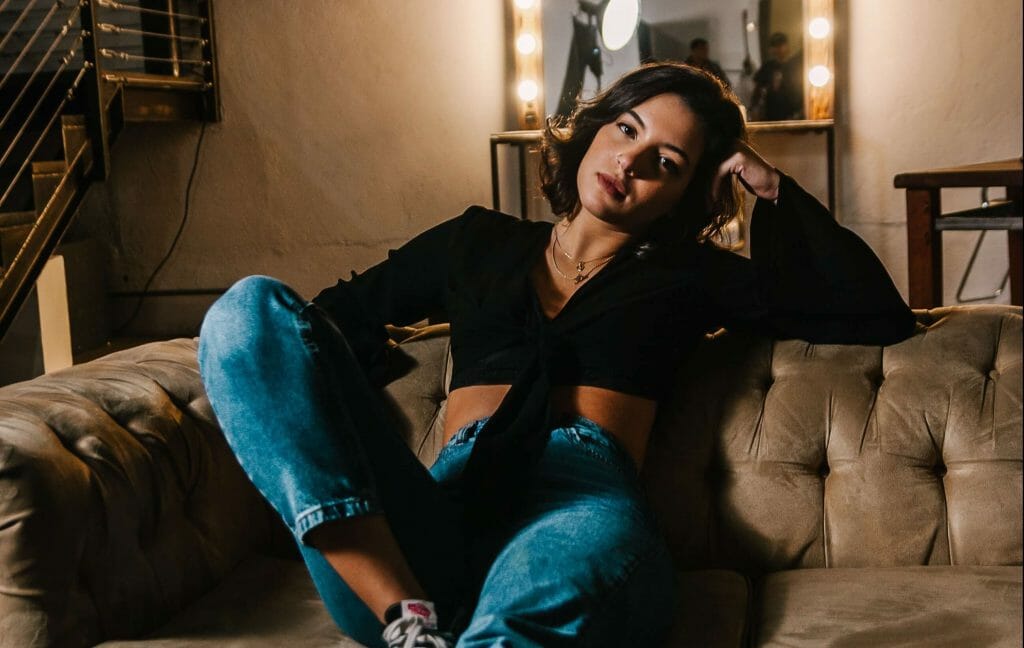
“Maybe you should act a little dumber. Men are threatened by smart women, you know!”
“Aren’t your standards a bit high? You’ll die alone if you don’t compromise a little!”
“Oh, just accept the poor boy — he likes you. You’re not seeing anyone anyway, don’t you think it’s time you got a boyfriend?”
These are some of the things you’ll hear a lot of — when you’re a single woman.
Even more so, if you’re a single woman in her thirties who hasn’t dated anyone in a while.
Halfway through the longest stint of my being single, I was getting “helpful” advice from everyone. This included my parents, my drinking buddies, and even my hairstylist.
I’m often told that I’m stubborn and contrary.
I actually think those are some of my best attributes. At least it leaves me (mostly) immune to peer pressure.
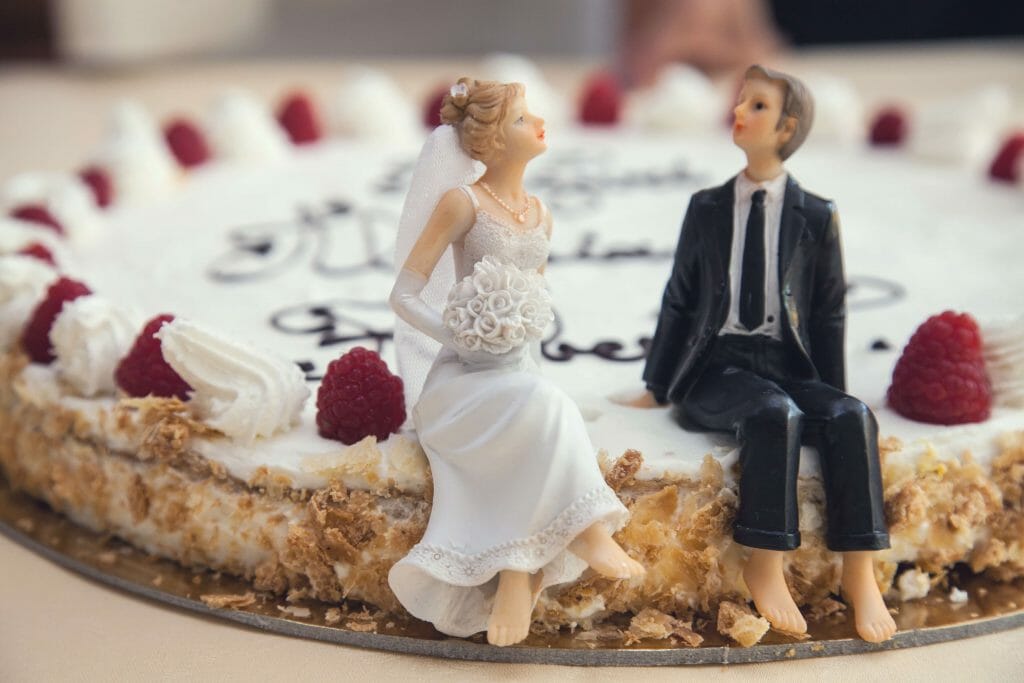
When you enter your thirties, it feels like everyone you know is settling down and getting married.
I attended wedding after wedding on my own – proudly walking up to each event without a plus-one. People began to worry for me.
“Oh for fuck’s sake, just fuck the groomsman or something. He’s interested – it can’t be healthy for you to stay this single for so long!”
I suppose I can’t really blame them. This period of my life is such a stark contrast from my teens and twenties. Back then, I used to fall into one long-term relationship after another.
But half a decade of going solo was extremely fulfilling for me. I slowly went through the process of personal reclamation.
For the first time in my life, I felt fully in control.
I realised that the fear of being alone made me stumble into relationships I had little conviction in.
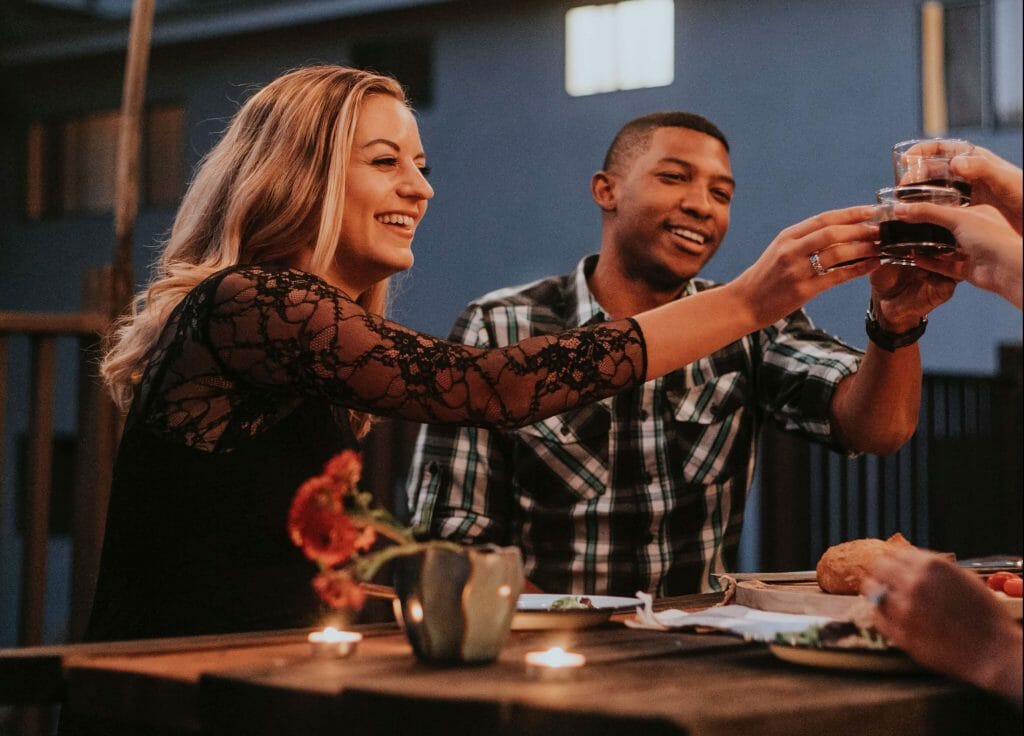
I envied my paired-up friends. So, I got into relationships I didn’t care much for and stayed in them.
I didn’t want to admit that I was actually unhappy with all the compromises I made to keep those relationships.
I constantly felt guilty for leading my partners on. Even though I denied it, deep inside I personally didn’t have much faith in them.
It was a harmful cycle – the more guilty and uncomfortable I felt, the more I found myself putting in more effort to make myself more acceptable.
I committed the classic mistake of building my entire world around my partners. I rationalised that if I couldn’t feel like I was enough, at least I would feel like I tried.
You can guess how that worked out.
As a thirty-something, I now see all too clearly why all my relationships have failed. I went into them for all the wrong reasons.
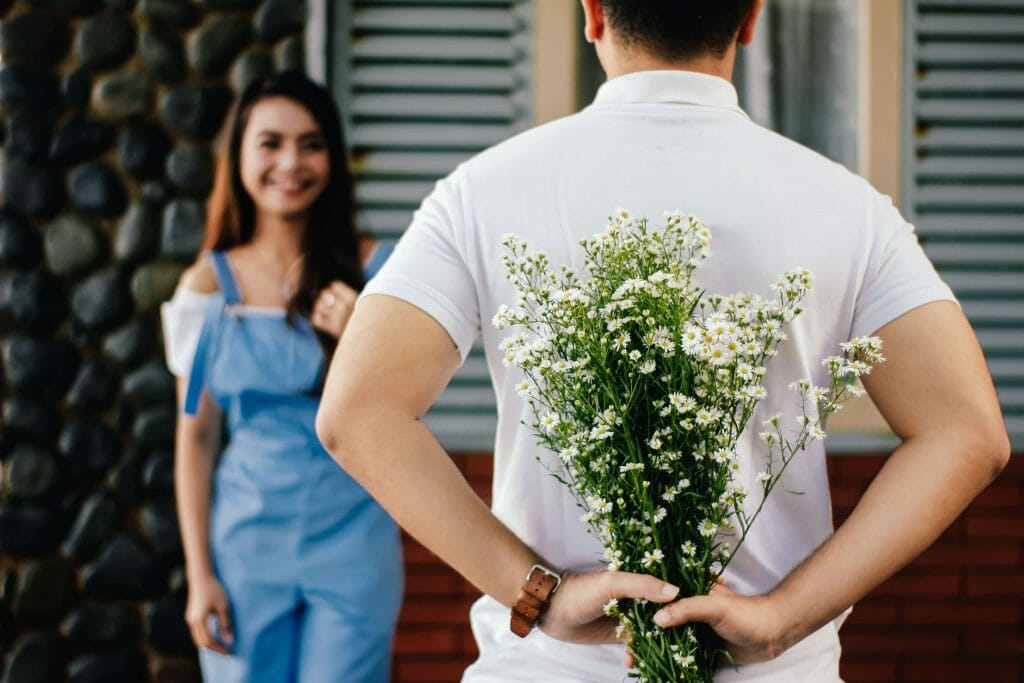
In fact, I’m pretty sure my first relationship was sort of accidental.
I was sixteen and feeling isolated and depressed when I met him.
It went something like this: Boy likes girl. Girl shrugs and thinks to herself, Aiya, might as well lah.
I settled for being in a relationship precisely because I didn’t want to be alone.
I simply accepted.
Perhaps he unconsciously picked up on my feelings towards the relationship. Before long, it spiralled into something angry and hurtful.
I think that pretty much set the bar for most of my future relationships.
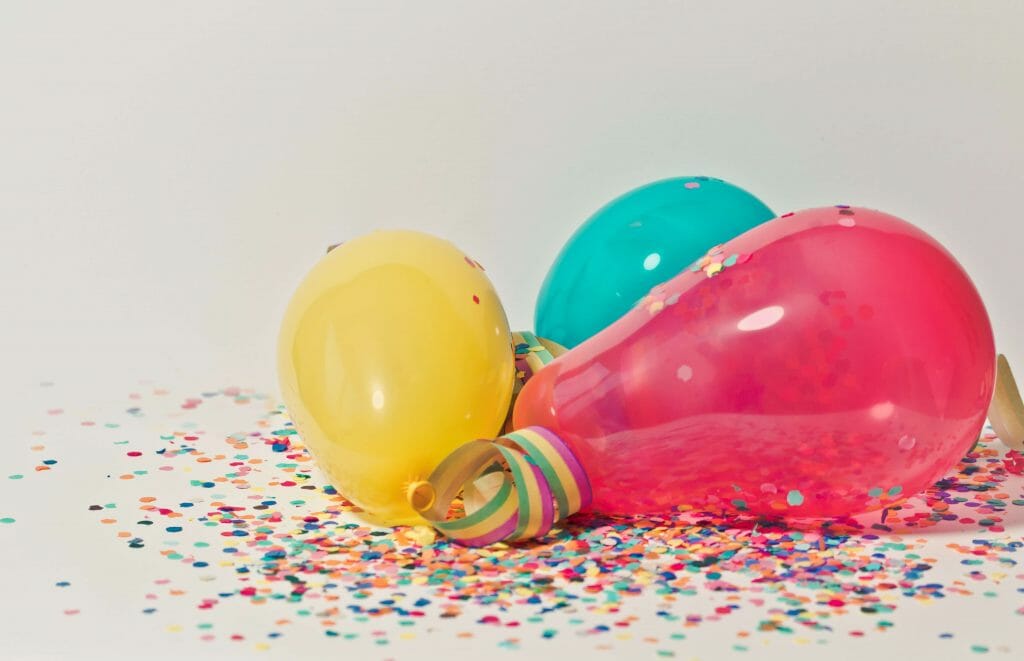
My second boyfriend was a lot of fun, but a pretty bad fit for my life. I could see that it wasn’t going to be a good idea, but I’d just started university in a different city, and craved the excitement of a companionship.
That quickly fizzled out too.
My third relationship was an utter shitshow.
He was much older and seemed so much wiser than my college friends. I agreed to be his girlfriend in the hopes that he could fix my life.
But he was more nightmare than white knight. Things he would say:
“You’re not as smart/pretty/sporty/fit/fun/lean as my ex.”
“Skinny jeans? Ha! You’re not skinny, why wear them?”
“You’re not good enough.”
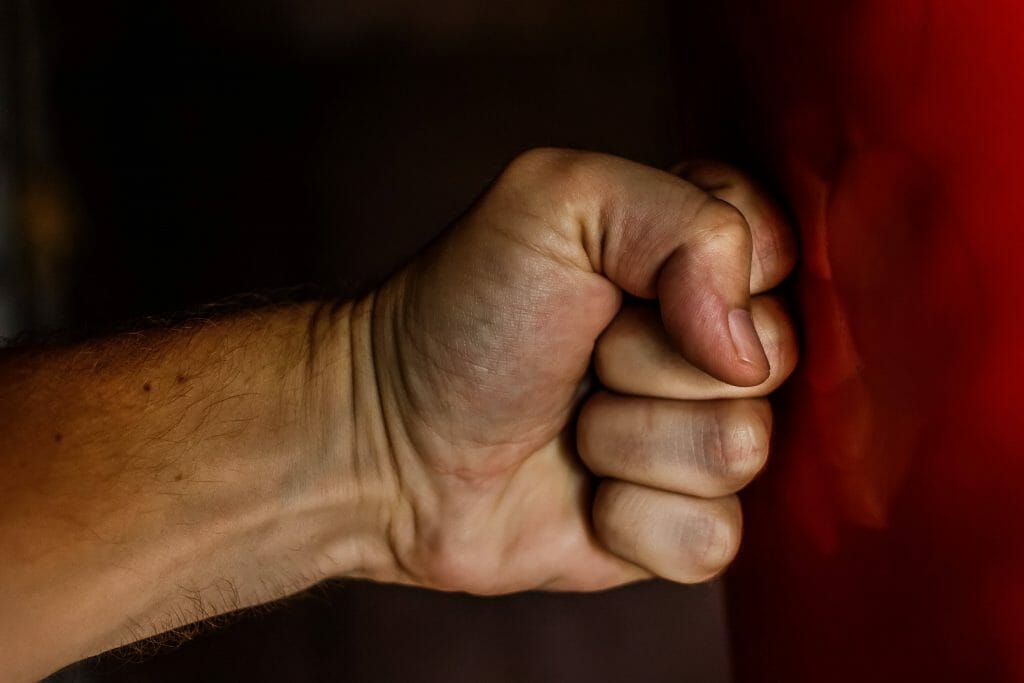
That was one of the worst mistakes of my life. The relationship was physically and emotionally abusive; he constantly exploited my insecurities and weaknesses to subjugate me.
I didn’t leave him despite being treated so badly. I had zero self-confidence – I thought I would never find anyone as good as him if we broke up. I was convinced that nobody would want me anyway.
In retrospect, that was silly.
How do you get out of toxic cycles like the one I found myself trapped in?
Start by being honest with yourself.
Most of us aren’t candid enough with ourselves. The self-denial is a coping mechanism, but in the long-term it just allows us to continue to act in unproductive ways.
At some point, I experienced an epiphany.
I finally saw the void inside myself for what it was – without a partner, I only had a vaguely-formed idea of who I was.
Yeah sure, I knew I was smart, funny, angry – and a major pain in the arse to some people. But outside of that, I wasn’t even sure what I wanted to do with my life.
Aside from writing, most of my interests were things I’d picked up from my exes. I didn’t have much of a support system either. I only had a handful of friends of my own, many of them superficial acquaintances.
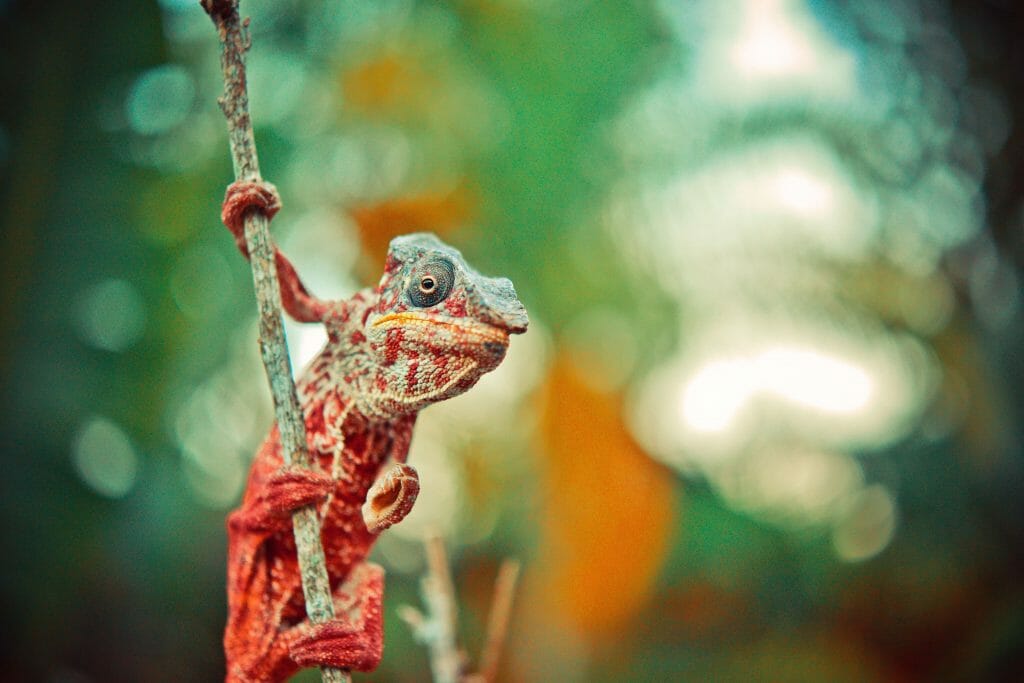
I had become an adept human chameleon, adapting my preferences and social circles with every new boyfriend.
Yet, when I was away from my partners, I couldn’t tell you who I was.
A decade of being in and out of relationships had given me little opportunity to discover who I was or what I really wanted.
The first few months being were hard. I hated waking up alone. I missed both the physical and emotional intimacy. I no longer had the security of having someone to prop me up.
It was lonely, of course.
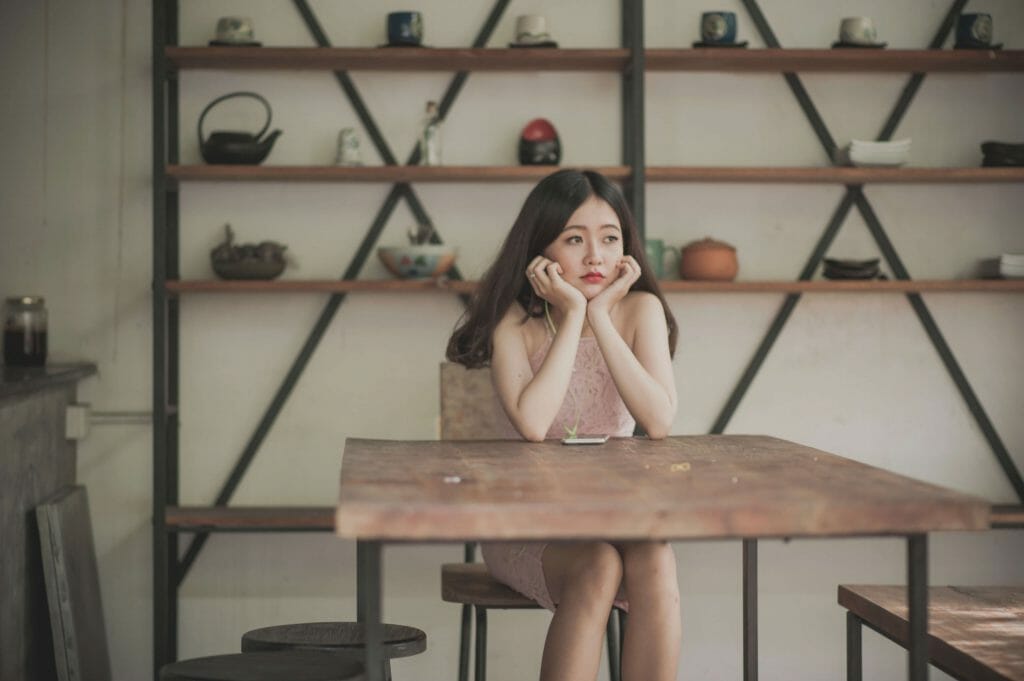
But it was also educational. I never realised how helpless I had let myself become by allowing my partners to do everything for me.
I couldn’t drive well. I didn’t know my way around the city. I didn’t know where to go to pay my bills.
The best thing that happened that year was finding my own little “tribe”. I became friends with people I would eventually come to care deeply for.
I’d been pouring so much love and attention to my partners, I never had the chance to nurture meaningful friendships of my own.
I found things I liked doing – sometimes with friends, but often on my own.
I found that I was totally cool with being uncool.
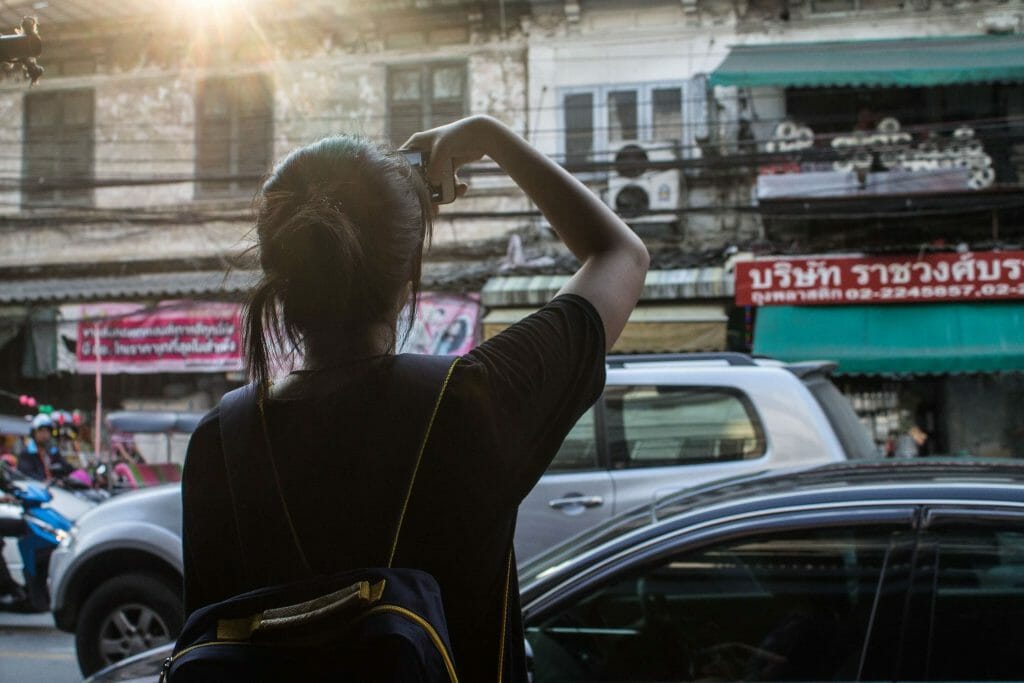
I took up gardening. I went on solo trips and explored places alone. I cut off most of my hair, I briefly rocked a mohawk, dressed in baggy clothes, and experimented with androgyny.
For a while, I stopped using makeup. I went through a year of purging all my dependencies.
It was so liberating – I stopped caring about what other people thought of all that.
It took years, but soon enough, I felt like I was accumulating so much more of myself every single day. I got comfortable in my extended singlehood.
All that was good.
And then my quiet and contented life experienced a major upheaval.
I fell in love again.
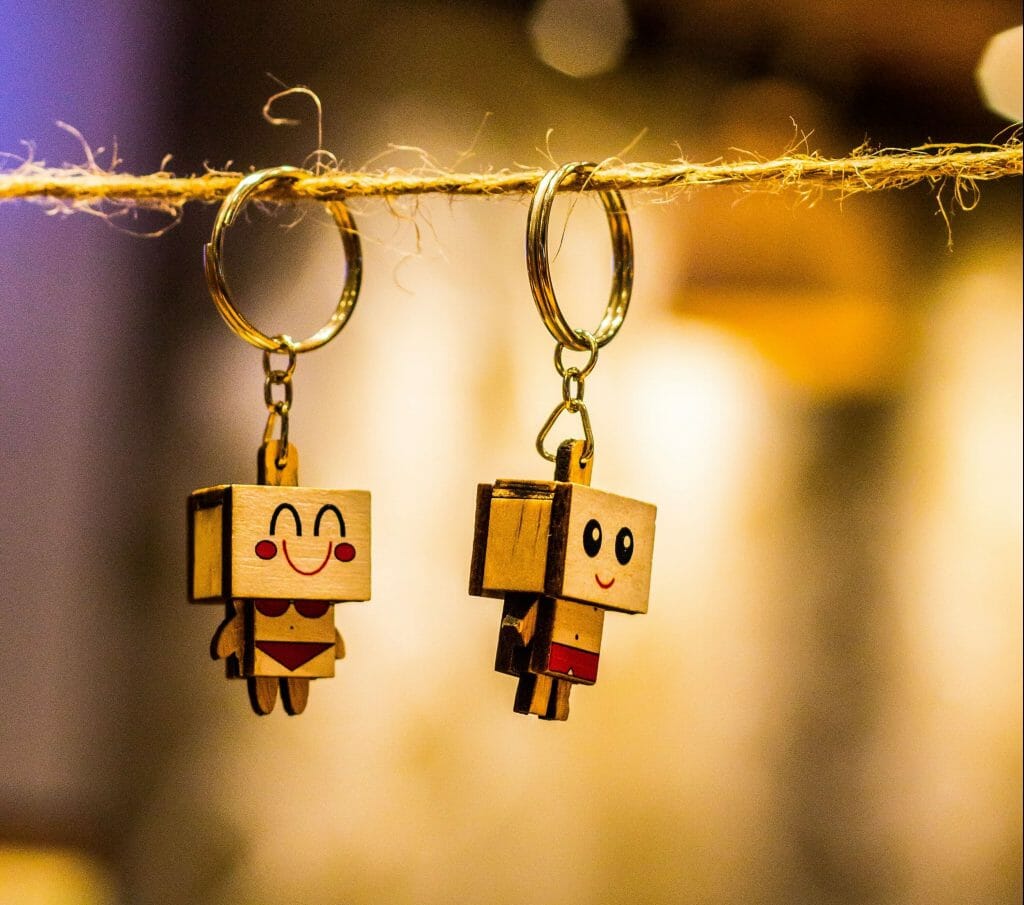
It was the sort of mad, all-consuming infatuation that burned supernova bright and quickly left everyone burnt out. My solo existence was turned upside down.
But it felt so good to fall asleep in the arms of someone who reminded me of gratitude and kindness.
That was an intense relationship, but it was dysfunctional right from the start. My ex didn’t have the courage to address our issues.
Eventually, I had to admit to myself I was too accommodating of his emotional unavailability.
I knew then I could no longer compromise with anyone’s shortcomings at the cost of my own well-being. As much as I loved him, it just felt too undignified, too desperate to remain in that relationship.
I was rapidly losing respect for the both of us.
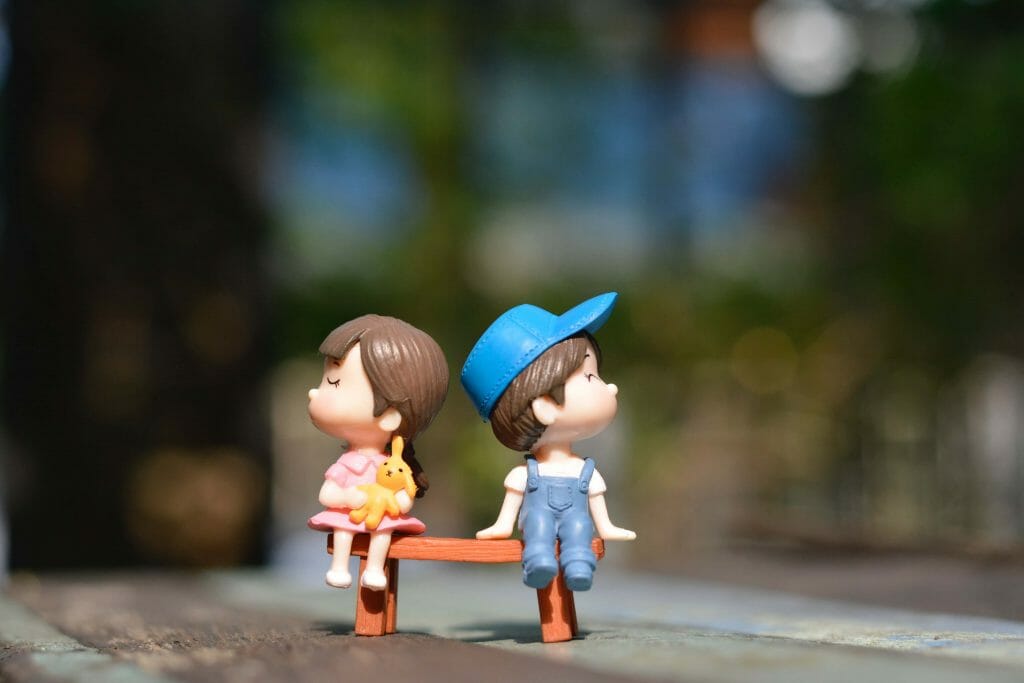
When I finally made the decision to break it off, perhaps that was when I knew I was – finally – enough for myself.
Ending the relationship hurt me deeply – I grieved for us for a year, and quietly mourned my own broken heart another half a year.
But as that period of self-reflection came to an end, I realised I was ready.
I knew I would never compromise myself again.
Falling in love is easy. Loving someone isn’t very hard either.
But loving yourself – and making hard decisions that prioritise self-care and self-respect – that’s the difficult part.
I’ve had exes that were too non-committal to introduce me to friends and/or family.
I’ve had exes who could only love me in private and requested that I keep up the charade of “respectability” with them in public.
I’ve had exes who wanted me to change myself to suit their ideals.
It was my own fault for accepting all those roles they set for me.
I’m now seeing someone again. I’ve done things differently, this round.
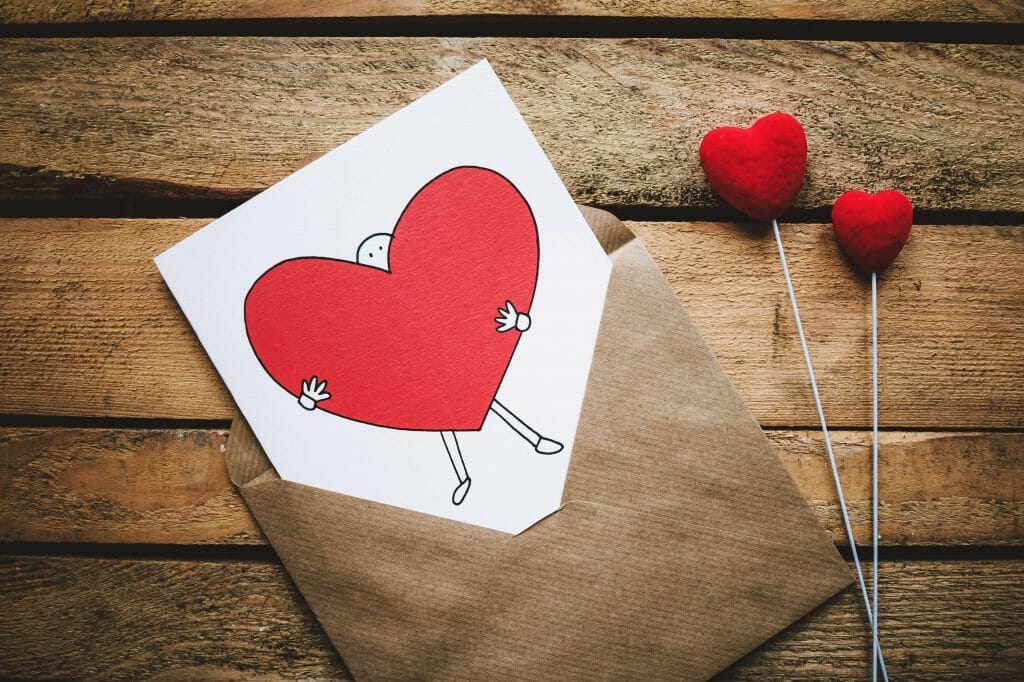
My partner knows me for all that I am. Early in the relationship, I did a full disclosure of my past. I inventoried all the bits of myself that were still a work in progress.
I told him life with me could be challenging, given my angry, outspoken personality and bouts of mental illness.
I let him know that he was free to walk away if it felt like I was too much to handle, or if he found anything he couldn’t accept in me.
For the first time ever, I meant it.
It wasn’t a challenge, or a threat, or reverse psychology.
The idea of compromising myself in order to make a relationship work with another person had simply become unacceptable.
I was done with being unhappily malleable. I would not bend myself into pleasing shapes just to get – and keep – a partner.
I opened up to him without making it the defiant “If you cannot accept me then you can get the fuck out of my life” of my younger days.
This time, I wanted to handle the possible rejection with grace, not set myself up for failure with a defensive opening statement.
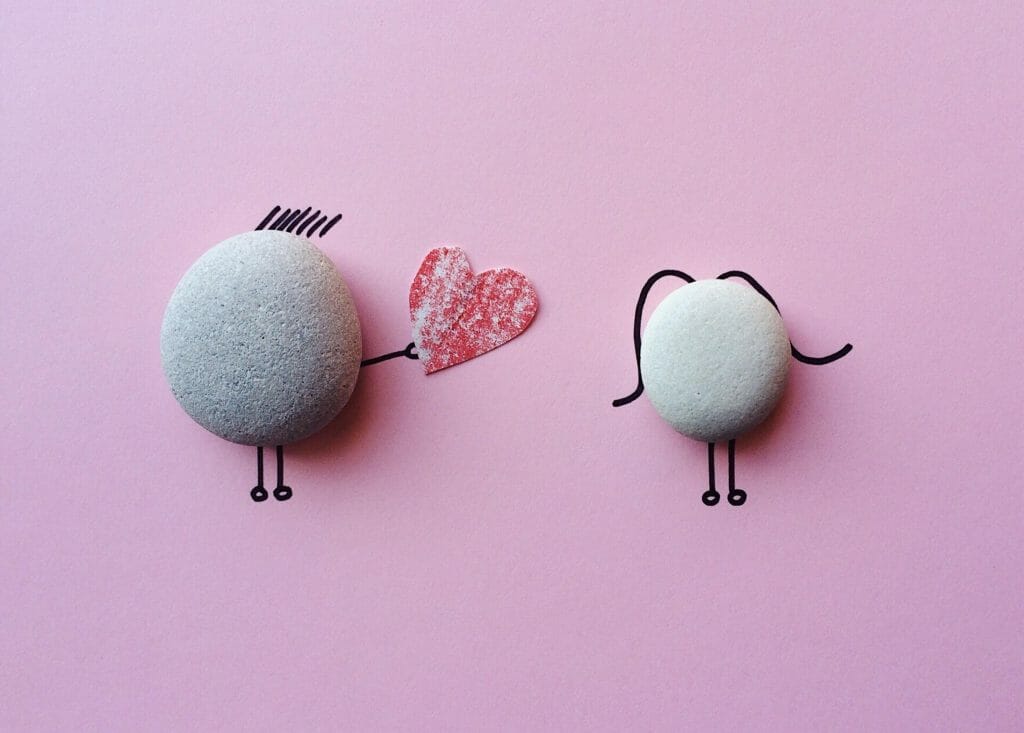
He nodded in understanding. He stayed anyway.
Two years and nine months later, we’re still going strong. That initial honesty has become one of the strongest foundations of our relationship.
I’m not saying that we should all just abstain from relationships and only opt for a solo journey of self-exploration.
But I think it is important to examine our intentions when we enter a relationship. We should be truthful about our expectations for ourselves and our partners.
Joan Didion wrote: “To have… self-respect is potentially to have everything: the ability to discriminate, to love and to remain indifferent. To lack it is to be locked within oneself, paradoxically incapable of either love or indifference.”
I think those words encompass the lessons I’ve learnt.
Sometimes people ask me:
“How’s it like for your boyfriend to live with such an outspoken feminist?”
“Doesn’t he have issues with all your tattoos?”
“Isn’t he threatened by your strong opinions?”
No. Because I’m in a relationship with a man who respects me and loves me for what I am, and trusts that I feel the same way for him too.
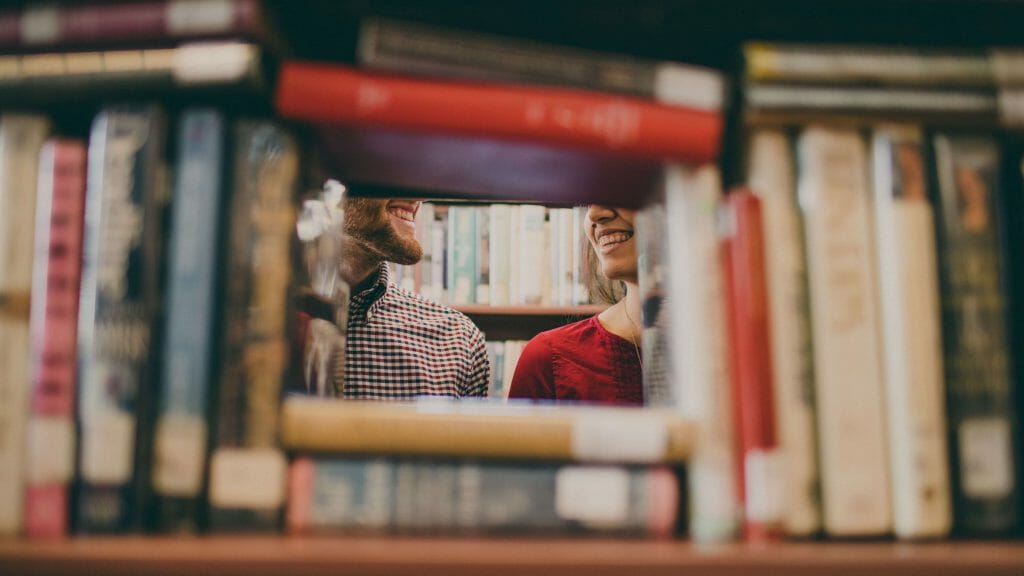
We both empower each other to choose what we want every day.
And we choose each other.
No threats, no blackmail, no emotional manipulation – just an equal partnership where both parties are in it because they are both willing.
Honesty and free will are things which matter very much to me. If he wasn’t able to accept any part of me or wasn’t able to work with me to find solutions to get along – then I would try my best not to take it personally if he didn’t stay.
After so many botched relationships, I’ve accepted the idea that not every person that we love or are attracted to are actually compatible with us.
We all deserve better than trying to force things to work out with an incompatible partner. We should be with partners that are the right fit with our personalities and life goals.
I’m not saying that having more self-respect guarantees that my current relationship will last forever. The fact is, sometimes people change or grow apart.
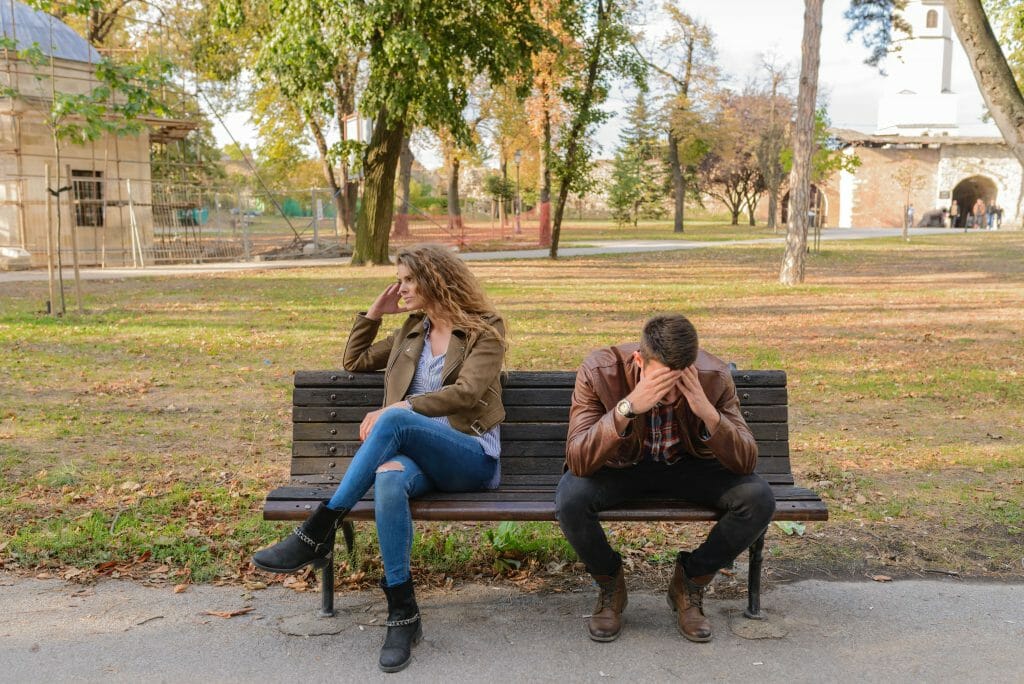
Maybe one day both of us will not be able to reconcile our expectations of the relationship with each other.
And maybe that’s fine too.
Love is a thing that I will embrace as it comes and celebrate even as I mourn the end of it.
All those years being alone have given me the confidence to be on my own – I know it’s possible to live a deeply satisfying existence, with or without a romantic partner.
I am enough.
For more articles like these, read 3 Reasons Why You Should Absolutely Stay Single, and 5 Thoughts Which Go Through Your Head When You Are Single AF.

More from Real Mental Health
“I Was Scared of Waking Up in Handcuffs,” shares Depressed M’sian on Repealed Law
In 2023, Malaysia repealed Section 309, a colonial-era law that made suicide attempts a crime. The change marked a shift …
‘Everyone Saw A Successful Student While I Was Crumbling,’ Shares 22 Year Old Student
This is a story of a 22 year old woman who shared her story as a Straight A’s student as …
5 Harmful Mental Health Myths Malaysians Still Believe
Let’s break down five of the most common myths Malaysians still believe, and why it’s time to let them go.






